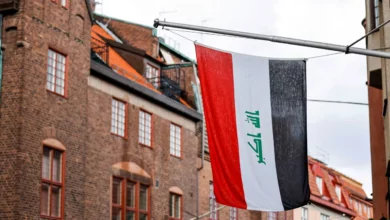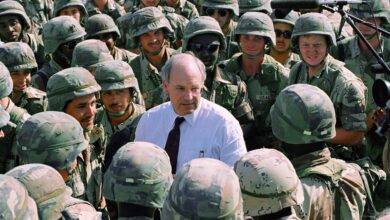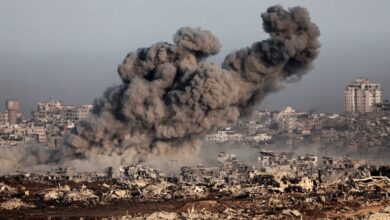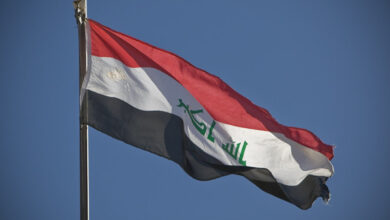Baghdad–Iraq's parliament is due to vote on a new government on Tuesday, nine months after an inconclusive election left politics in limbo and delayed investments to rebuild the country after years of war.
Lawmakers are scheduled to begin voting on Shia Prime Minister Nuri al-Maliki's 42-strong cabinet list–which leaves Kurdish veteran Foreign Minister Hoshiyar Zebari in place and includes current Oil Minister Hussain al-Shahristani as deputy prime minister for energy–at 2PM.
Highlighting the ethnic and sectarian divides that pervade the war-ravaged country, parliament had to postpone the vote on Monday after last-minute factional disputes and political horse-trading over posts delayed the government's formation.
Maliki has yet to decide on permanent choices for some positions, including sensitive security-related ministries such as defense and interior.
The prime minister's partial list of proposed ministers, published on Monday, promoted deputy oil minister Abdul Kareem Luaibi to minister and made prominent Sunni leader Rafie al-Esawi finance minister.
"The deal the parties worked out is rather elaborate but the critical thing is that they were able to get to this point through peaceful negotiations without any return to large-scale violence," said Shadi Hamid, director of research at the Brookings Doha Center.
"That said, power-sharing deals like this one tend to be quite fragile and so the next few months will present a crucial test for the…rival blocs."
INVESTMENTS IN OIL
International investors are watching developments in Iraq's energy sector with great interest as the country embarks on an ambitious program to exploit its vast oil resources and rebuild its neglected and damaged infrastructure.
While Shahristani was minister, the oil ministry reached a series of deals with oil majors that could boost Iraq's output capacity to 12 million barrels per day, rivaling global leader Saudi Arabia, from about 2.5 million barrels per day now.
For international oil companies, Shahristani's continued control over the oil sector will be seen as assurance that contracts he agreed will be honored in the absence of formal guarantees, since Iraq still lacks a new hydrocarbons law.
The appointment of Luaibi could also be seen as a sign of continuity for companies that signed deals with Iraq to develop its oilfields, which are among the largest in the world but suffer from a lack of investment during decades of war and international economic sanctions.
The final deadline to approve the cabinet is at the end of the week.
A power-sharing deal on 10 November between Shia, Sunni and Kurdish blocs put Maliki on track for a second term as prime minister. The pact returned Kurd Jalal Talabani as president and made Osama al-Nujaifi, a Sunni, parliament's speaker.
Former Prime Minister Iyad Allawi, a secular Shia whose cross-sectarian coalition won the most seats in the 7 March vote, was unable to gather enough support to secure the premiership. However, he has said he will also join the government as head of a new national strategic policy council.
Allawi's decision, announced on Sunday after weeks of wavering, could soothe worries about renewed sectarian violence.
After decades of war and sanctions, and 7-1/2 years after a US-led invasion that toppled Sunni dictator Saddam Hussein, Iraq is seeking to rebuilt its shattered infrastructure. The country relies on oil for 95 percent of federal revenues.




